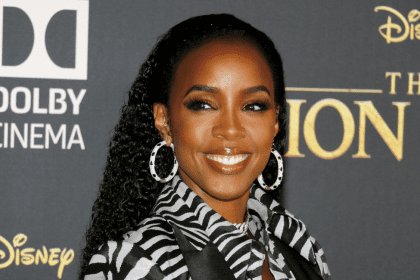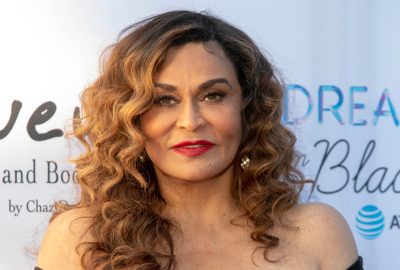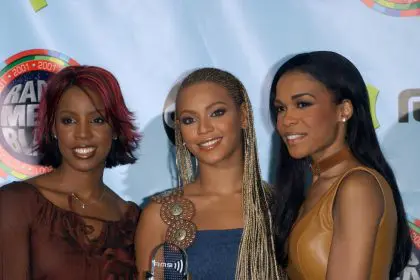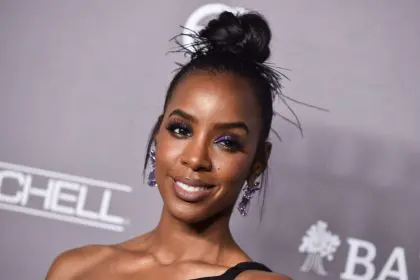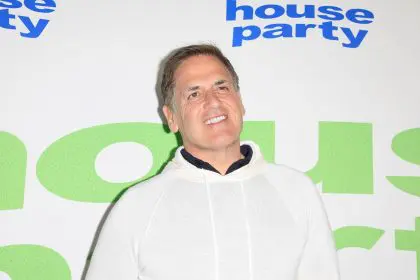 Donald Woodard is a sought-after entertainment attorney who represents athletes, actors and artists like Young Jeezy and Kelly Rowland, just to name a few. A partner at Gordon & Rees’s Business Transactions and Sports, Media and Entertainment Law practice groups, he is a nationally recognized expert with over a decade of specialty experience in entertainment, media, and technology law, including digital rights, social networking, copyright, and rights of privacy and publicity.
Donald Woodard is a sought-after entertainment attorney who represents athletes, actors and artists like Young Jeezy and Kelly Rowland, just to name a few. A partner at Gordon & Rees’s Business Transactions and Sports, Media and Entertainment Law practice groups, he is a nationally recognized expert with over a decade of specialty experience in entertainment, media, and technology law, including digital rights, social networking, copyright, and rights of privacy and publicity.
Here, Woodard offers advice to artists on the verge of success in music and entertainment. –yvette caslin
What important factors should an artist consider when selecting an entertainment lawyer?
There are really three important areas a prospective client should focus on when selecting an attorney: experience; reputation; and industry connections. Entertainment is a unique, highly specialized, complicated industry. Your attorney must understand the nuances of the business and the practical business implications of every material issue. Seek a lawyer with specialty experience in your field whether it is music, television or film. As it relates to industry connections, the entertainment industry is also about who you know and who “really” knows you. Lawyers with strong, powerful connections can make things happen for their clients.
Describe the typical relationship an artist has with an attorney.
Every artist is different. Some clients prefer a personal one on one relationship with their attorney. Others conduct business primarily through one of their representatives, usually the manager. Ideally, the attorney-client relationship should be personal as it is privileged and by its nature requires the exchange of confidential information. I usually demand regular, direct and personal client contact. It’s the best way to build mutual trust.
How can an up-and-coming artist avoid being exploited?
It depends. For example, some managers and artists conduct business on a hand shake. However, I advise that all business relationships are reduced to a written agreement which describes the material terms of the parties’ understanding. My job is to limit the number of instances where there could be confusion or ambiguity. Anytime a client is engaged by a third party to provide services, I demand a written contract.
Should artists have different representation than their manager?
Yes. The manager and artist naturally have conflicting interests as it pertains to the deal between them. That is, initially their interests are adverse. Therefore, each party should hire independent counsel to represent their interests. Once an agreement has been reached and signed by the parties, managers and artists share the common goal to ensure the success of the artist.
Check back next week for tips on retaining an attorney before the advance is received and contracts are signed.
Photo Credit: Sean Cokes

